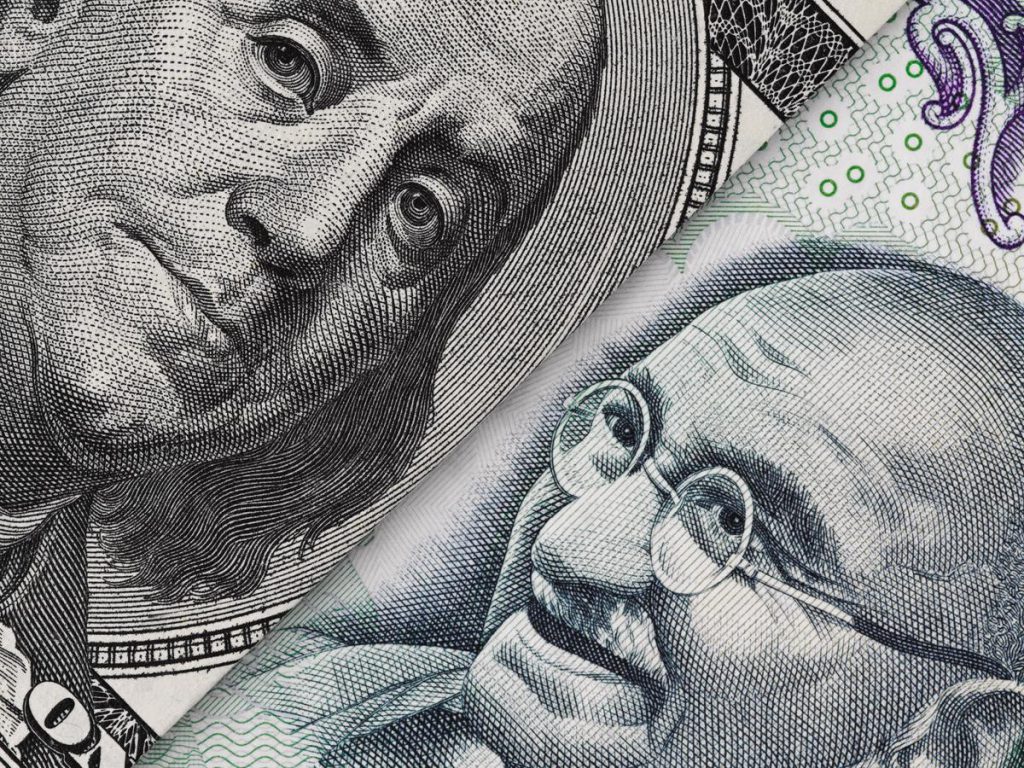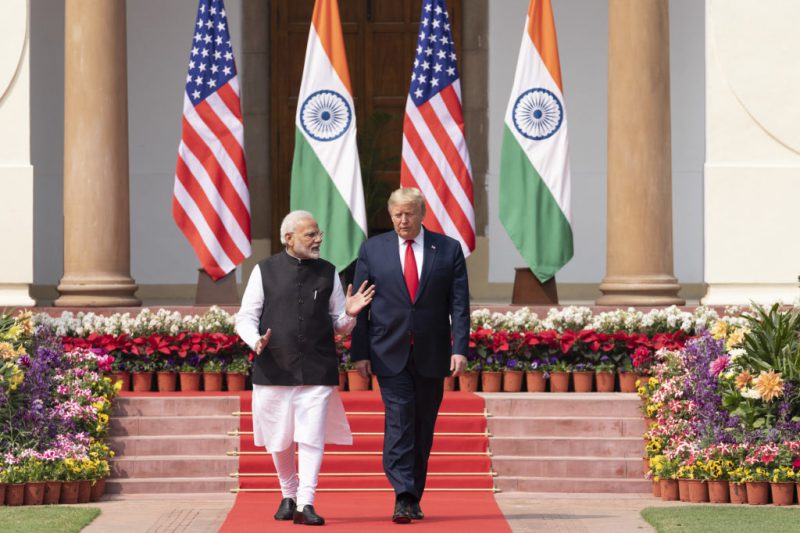When the rupee falls against the US dollar, the Reserve Bank of India (RBI) ‘s first instinct is to protect the currency. The RBI took potential measures to safeguard the rupee by selling millions of US dollars in the currency markets. The central bank’s intervention helped slow the downfall but failed to lift the currency against the USD.
Also Read: De-Dollarization: How Long Will the US Dollar Remain Global Currency?
For the uninitiated, the Indian rupee fell to an all-time low of 84.48 last week against the US dollar. The currency slipped to its downward trend immediately after Trump reclaimed the presidency early this month. The USD is strengthening in the market as the DXY index touched an all-time high of 107.06 last week.
Also Read: De-Dollarization: 12 Countries Moving Away From the US Dollar
Currency: Rupee Under Pressure From the US Dollar


The rupee might find it hard to sustain the onslaught of the US dollar in the currency markets. Even if the USD weakens, the INR might not rebound quickly in price, said an analyst. Therefore, the import and export sector will take a hit in India, leading to a gradual price rise for daily necessities.
Also Read: De-Dollarization in 2024: What Happens If the U.S. Dollar Loses Its Reserve Status?
“Mild weakness in the US dollar will not lead to any major appreciation in the rupee because the RBI will look to replenish its foreign exchange reserves, but if the dollar index moves 2-3% lower, we may see half a percent of move (in the rupee),” Nitin Agarwal, head of treasury at ANZ India said to Reuters. To add to its woes, $15 billion worth of stocks have exited from the Indian market from foreign investors.
In addition, the RBI’s routine interventions to support the rupee will only reduce volatility in the currency market. It appears to be aimed at “killing volatility while allowing gradual deprecation,” said a foreign exchange salesperson at a foreign bank. Read here to know when 1 US dollar will be worth 100 Indian rupees in the coming years.





